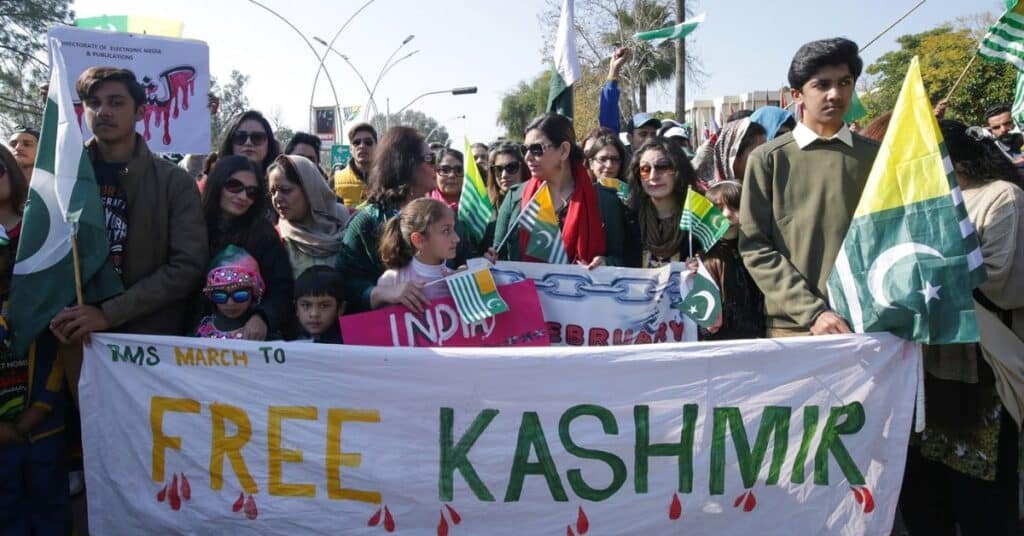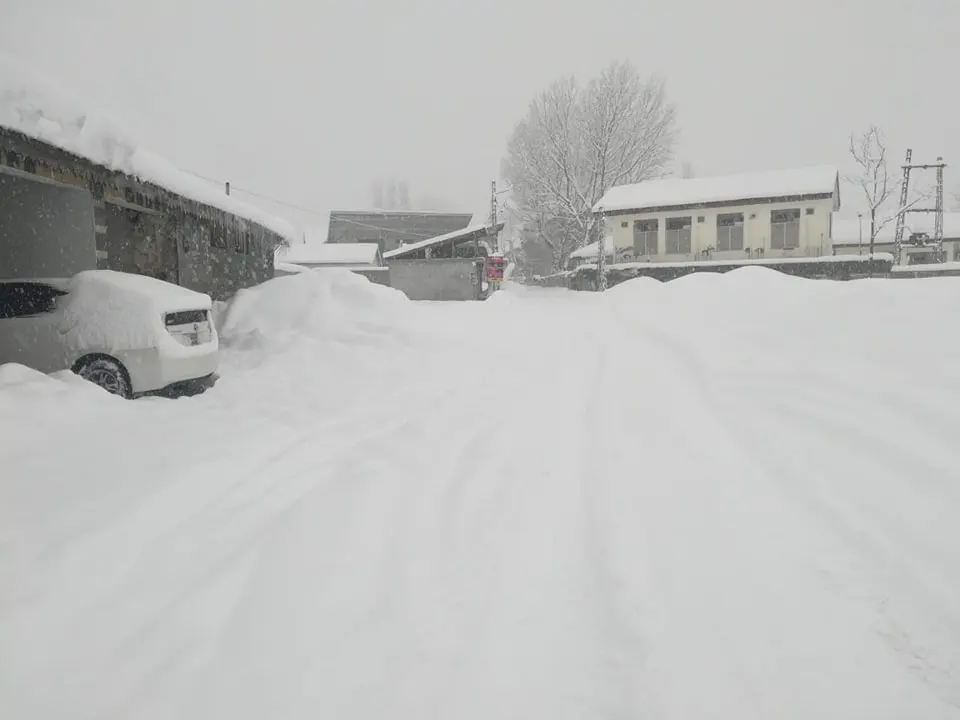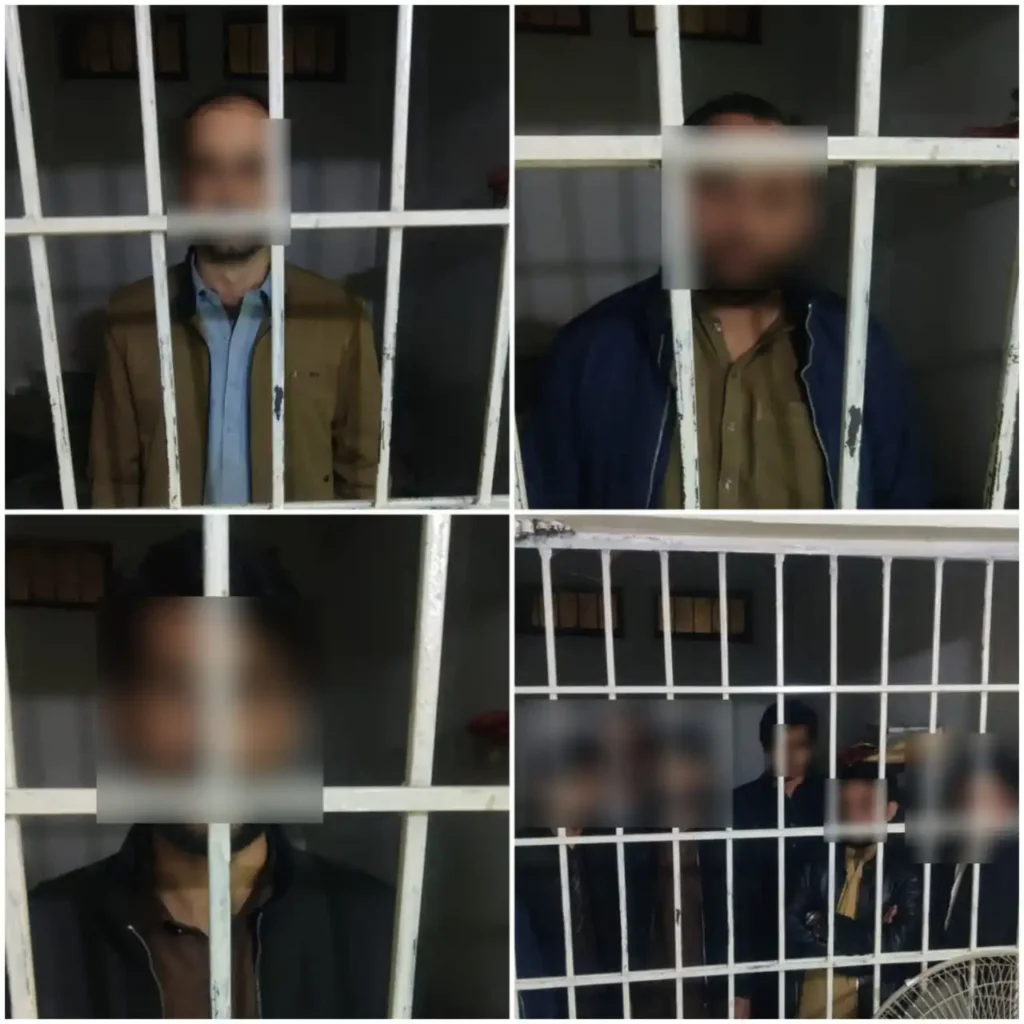KARACHI: Today, June 21, marks the longest day and shortest night of the year 2025, according to astronomers.
Renowned astrophysicist Professor Dr. Muhammad Javed Iqbal explained that the day will last for 13 hours and 41 minutes, while the night will span just 10 hours and 19 minutes.
Dr. Iqbal noted that after July 1, daylight hours will gradually begin to shorten, eventually reaching near-equal day and night durations by September 22. He added that in the Northern Hemisphere, summer typically brings longer days and shorter nights, with June 21 marking the peak of this pattern.
He further clarified that these variations are caused by the Earth’s axial tilt and its orbit around the Sun. During summer, the Sun tilts toward the Northern Hemisphere, resulting in the longest day. In contrast, during the winter solstice, the Sun shifts toward the Southern Hemisphere, making days shorter in northern regions.
Meanwhile, Karachi experienced light morning drizzle, offering a pleasant break from the heat. Cloudy skies are expected to persist, with chances of continued light rain.
In Lahore, cool breezes and overcast skies provided relief, while late-night showers in Rawalpindi, Islamabad, and nearby areas helped lower temperatures.
The Meteorological Department has forecast rain over the next 24 hours in several areas including Lahore, Sargodha, Faisalabad, Jhang, Sialkot, Narowal, Haripur, Abbottabad, Mansehra, Peshawar, Swabi, and Mardan. Thunderstorms and rain are also likely in Kashmir and Gilgit-Baltistan.





